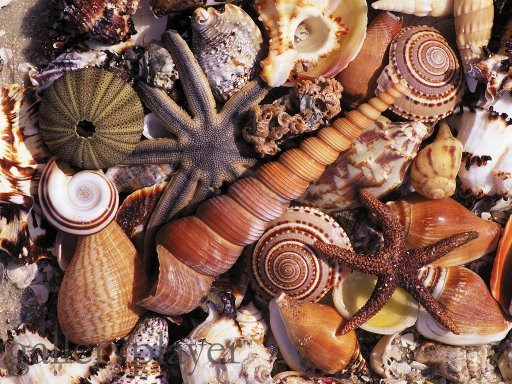

They say work hard and play even harder. But what if we were to work so hard and never get to the play harder part?
Eventually all of of us will die, it's a fact of life. Is just a matter of when, where and how.
The link below reminded me that there's more to life than just working, working and working. That money is not everything but just part of everything. We have options to choose and therefore we must choose wisely. Wealth or health? My condolences to the family and especially her mother.
Balance in life that's what we need... somehow is seems so hard to get balance let alone the balance in the annual figures.
Read this story, a story on how one human overworked herself that had cost her her life.
This is a tribute to the girl written by her friend.
Doctor confirmed she's suffering from this.
This is also a checklist for all employers out there who have overworked their people but still think they're underwork.
P/S : Thank you Jade for letting me share this with others too.








4 comments:
kak..itu ari handphone masuk mesin basuh laa..abes ilang seme number. sila sms number kat my temp number: 0132029405. nnt dah ambik sim card kat celcom wa in form ehh? tataa
yup I agree there are more to life than work....money is not everything..cherish life!
Pulmonary embolism (PE) is blockage of the pulmonary artery (or one of its branches) by a blood clot, fat, air or clumped tumor cells. By far the most common form of pulmonary embolism is a thromboembolism, which occurs when a blood clot, generally a venous thrombus, becomes dislodged from its site of formation and embolizes to the arterial blood supply of one of the lungs.
Symptoms may include difficulty breathing, pain during breathing, and more rarely circulatory instability and may result in death. Treatment, usually, is with anticoagulant medication, such as warfarin. Other rarer forms of pulmonary embolism occur when material other than a blood clot is responsible. Such materials can include fat or bone (usually in association with significant trauma), air (often when diving), and amniotic fluid (affecting mothers during childbirth).
erks ... yikes ... ngeri haku
Sad to hear. my most fearful moment. We sometime forget & lost the reason why we work. To live
Post a Comment